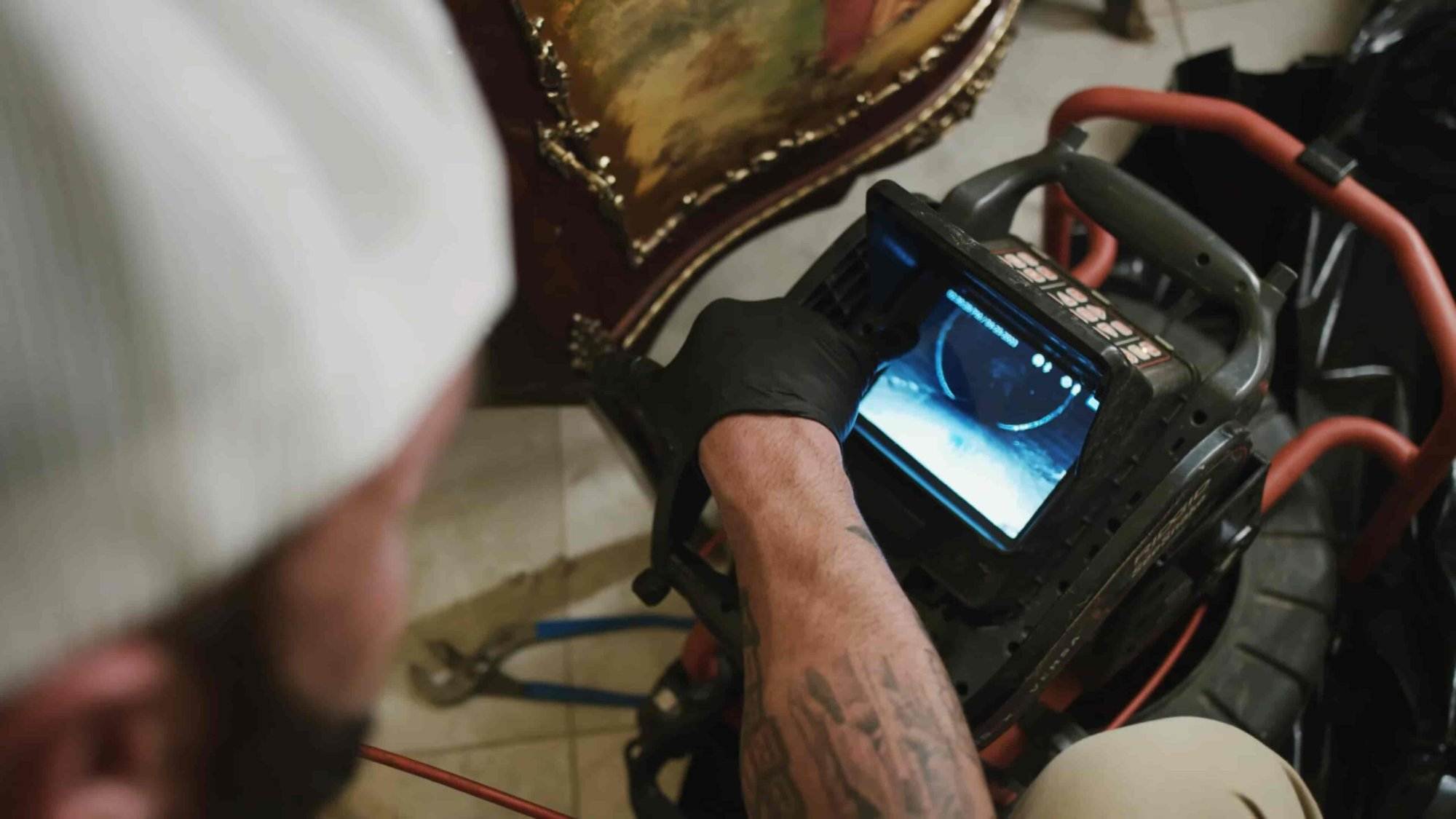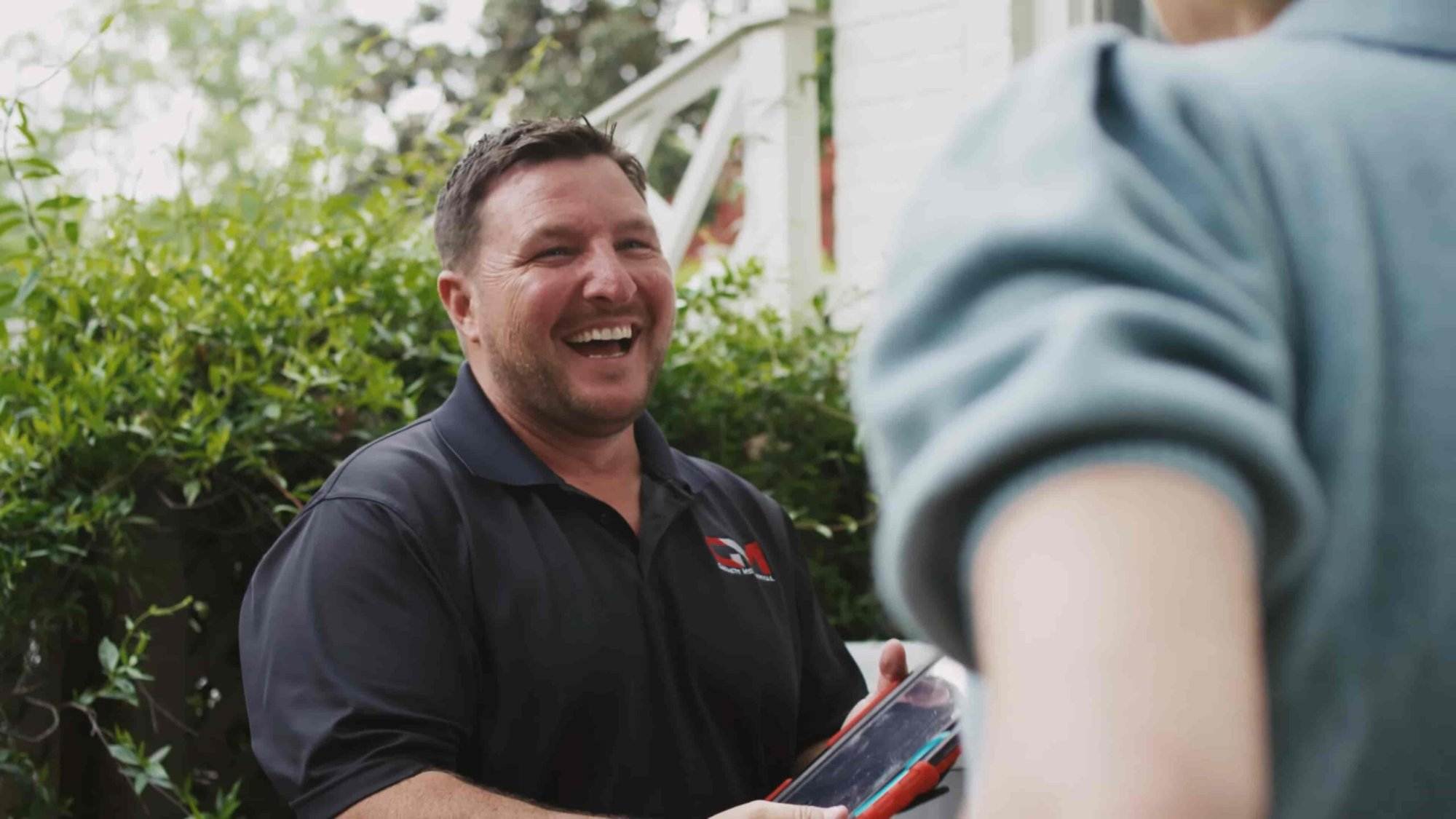
Frozen Pipes: Prevention Tips and Emergency Fixes: Expertise from Pipe Repair Services in Marietta, GA
Introduction
Frozen pipes can be a nightmare for homeowners, causing costly damage and disrupting daily routines. Luckily, with the right prevention tips and emergency fixes, you can avoid the headache of dealing with frozen pipes. In this article, we will provide you with expert advice from Garrett Mechanical Click here! Plumbing, Heating & Air, Electrical in Marietta, GA – a trusted pipe repair service that specializes in handling frozen pipe emergencies.
Frozen Pipes: Prevention Tips and Emergency Fixes: Expertise from Pipe Repair Services in Marietta, GA
1. Insulate Your Pipes to Prevent Freezing
One of the most effective ways to prevent frozen pipes is by insulating them properly. Insulation acts as a barrier against freezing temperatures and helps maintain the warmth of the water inside the pipes. Garrett Mechanical Plumbing, Heating & Air, Electrical in Marietta, GA recommends using foam insulation sleeves or wrapping your pipes with heat tape to provide an extra layer of protection.
2. Seal Any Cracks or Gaps
Even small cracks or gaps in your home's exterior can allow cold air to seep into your walls and reach your pipes. To prevent freezing, it's essential to seal these openings using caulk or weatherstripping. By doing so, you'll create a more insulated environment for your pipes and reduce the risk of them freezing.
3. Keep Your Home Warm
Maintaining a warm temperature inside your home is crucial in preventing frozen pipes. Make sure to keep your thermostat set at a consistent temperature throughout the day and night, especially during colder months. If you're going away for an extended period during winter, it's advisable Have a peek at this website to leave your heating system on or set it to a low temperature to ensure that your pipes remain warm enough.
4. Open Cabinet Doors Under Sinks
Pipes located in cabinets or vanities against exterior walls are more susceptible to freezing. To help prevent this, open the cabinet doors to allow warm air from your home to circulate around the pipes. This simple trick can make a significant difference in preventing frozen pipes, especially during extremely cold weather.
5. Let Faucets Drip
When temperatures drop below freezing, it's a good idea to let your faucets drip slightly. Allowing a small amount of water to flow through the pipes can help relieve pressure and prevent them from freezing. Although this may increase your water bill slightly, it's a small price to pay compared to the cost of repairing burst pipes.

6. Disconnect and Drain Outdoor Hoses
Before winter arrives, make sure to disconnect and drain any outdoor hoses and faucets. Leaving water trapped inside these fixtures can lead to frozen pipes and potential damage. By disconnecting and draining them, you remove any excess water that could freeze and cause problems.
FAQs
Q1: What should I do if my pipes freeze? A1: If you suspect that your pipes have frozen, it's essential to act quickly. First, turn off the main water supply to prevent further damage. Then, apply gentle heat to the frozen section using a hairdryer or towels soaked in hot water. Never use an open flame or electrical appliances near the pipes as they can cause more harm.
Q2: Can I thaw frozen pipes on my own? A2: Thawing frozen pipes can be a delicate process that requires caution. While there are DIY methods available, it's recommended to Look at more info seek professional help from experts like Garrett Mechanical Plumbing, Heating & Air, Electrical in Marietta, GA. They have the experience and tools necessary to safely thaw frozen pipes without causing further damage.
Q3: How long does it take for pipes to freeze? A3: The time it takes for pipes to freeze depends on various factors, including the temperature, insulation, and location of the pipes. In extreme cold conditions, uninsulated pipes can freeze within a few hours. However, well-insulated pipes may take longer to freeze.
Q4: How much does it cost to repair frozen pipes? A4: The cost of repairing frozen pipes can vary depending on the extent of the damage and the complexity of the repair. Minor repairs may cost a few hundred dollars, while extensive damage could run into several thousand dollars. It's always best to contact a professional pipe repair service like Garrett Mechanical Plumbing, Heating & Air, Electrical in Marietta, GA for an accurate assessment and estimate.

Q5: Can I prevent frozen pipes if I live in a warmer climate? A5: While freezing temperatures are more common in colder climates, homes in warmer areas can still experience freezing pipes during unexpected cold snaps. It's important to take preventive measures regardless of your climate to avoid potential damage.

Q6: Are there any warning signs of frozen pipes? A6: Yes, there are a few warning signs that indicate your pipes may be frozen or at risk of freezing. These include reduced water flow or no water coming from faucets, strange noises coming from the pipes, or visible frost on exposed plumbing. If you notice any of these signs, it's crucial to take immediate action to prevent further damage.
Conclusion
Preventing frozen pipes requires proactive measures and expert advice. By following the prevention tips provided by Garrett Mechanical Plumbing, Heating & Air, Electrical in Marietta, GA, you can significantly reduce the risk of dealing with frozen pipe emergencies. Remember to insulate your pipes, seal any cracks or gaps, keep your home warm, open cabinet doors under sinks, let faucets drip during freezing temperatures, and disconnect and drain outdoor hoses. In case of a frozen pipe emergency, it's always best to seek professional help to safely thaw the pipes and minimize potential damage. Stay prepared and protect your home from the costly consequences of frozen pipes.